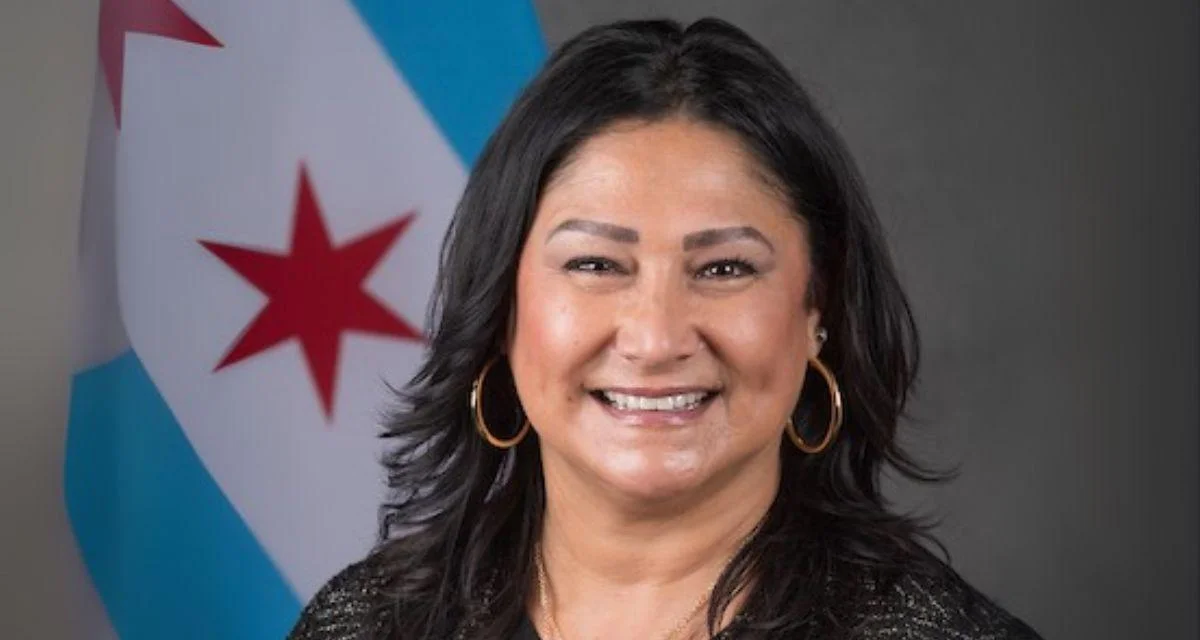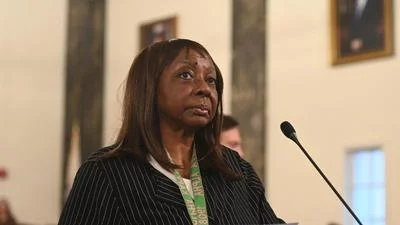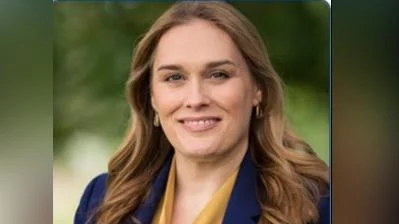Julie Hernandez-Tomlin Commissioner | Chicago’s Department of Fleet & Facility Management (2FM)
Julie Hernandez-Tomlin Commissioner | Chicago’s Department of Fleet & Facility Management (2FM)
On Tuesday, Mayor Brandon Johnson presented certificates to the second group of graduates from the Victim Advocate training program. The initiative is a partnership between the Chicago Department of Public Health (CDPH) and the Mayor’s Office of Community Safety (MOCS), with support from City Colleges of Chicago. The program aims to professionalize victim advocacy and equip community members with skills to assist survivors of crime.
Mayor Johnson said, "I am proud to congratulate the city's newest cohort of Victims' Services Advocates on completing their training, and I thank them for being part of the solution to our challenges with violence. Healing our residents and communities from trauma is an essential step in building a safer Chicago for all. The Victims' Services Advocates are a testament to who we are as a city, taking pain and turning it into purpose to help bring resolve, comfort, and closure to communities. While we know there are those who want to use the pain of survivors for their own political ends, in the city of Chicago, we are focused on real solutions that offer healing and justice for those who have been traumatized by violence."
The training curriculum covers topics such as victims' rights, crisis intervention, communication skills, cultural competency, advocacy, empowerment, understanding trauma's impact, and navigating legal systems. Victim advocates serve as case managers for survivors by connecting them with services and helping them through the criminal justice process.
Donald Williams, a survivor and founder/CEO of Deon J. Williams Foundation said at the ceremony: “Let me say this to my classmates, thank you all for showing me what you do, because we need it. As a survivor, in being here, I have a better respect for what victim advocacy do and I want to thank you all for that.”
This marks the second class graduating from the program; the first graduated in December last year.
Chicago Department of Public Health Commissioner Olusimbo “Simbo” Ige stated: "Today’s graduates are proof that healing begins when compassion meets action. Through their training, they’ve gained the tools to listen deeply, advocate fiercely, and respond with empathy and expertise. Every conversation they will have, every resource they will share, and every survivor they will stand beside carries the power to change a life. At CDPH, we are proud to support them and our partners in building a stronger, safer, and more resilient Chicago—one rooted in understanding, dignity, and hope.”
Stephaney Harris from CDPH added: “This journey to support professionalizing victim advocacy work in Chicago through the co-creation of a standardized, trauma-informed victim advocate training is a critical step to ensuring that victim advocates from large to grassroots organizations have equal access to the skills and knowledge necessary to effectively assist individuals who have experienced trauma through community violence... We are especially excited about our continued partnership with City Colleges of Chicago as we finalize the training curriculum and co-design a certification pathway..."
The City has also expanded initiatives supporting victims. For example:
- The Emergency Supplemental Victims Fund (ESVF) was extended into 10 more communities.
- The Cycle Breakers initiative provides resources on Chicago’s South and West sides.
- An additional $5 million was allocated by Mayor Johnson and DFSS for domestic violence survivors.
Garien Gatewood, Deputy Mayor of Community Safety said: “The work on our victims’ services is the most important work that we do... Being there with resources and support for those families could not be more important.”
City Colleges hosted 10 classes at Malcolm X College as part of this collaboration.
Chancellor Juan Salgado commented: "Hosting this program reflects our commitment to partner with the city to increase resources for people and communities impacted by violence... It aligns with our efforts to create an empowering environment where people can heal after trauma."
For information about future opportunities or details about this program contact Stephaney Harris at Stephaney.Harris@cityofchicago.org.






 Alerts Sign-up
Alerts Sign-up